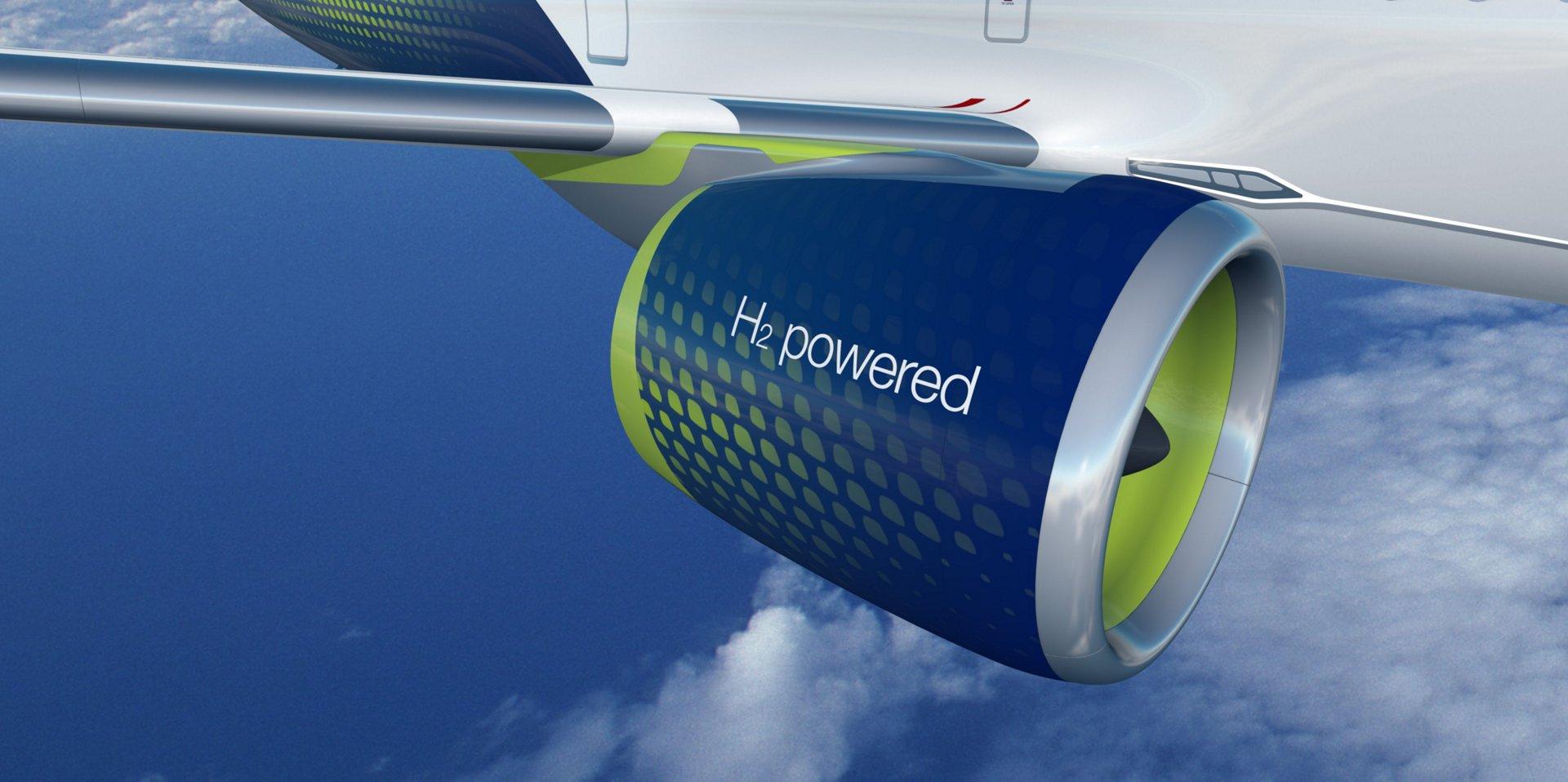Airbus CEO Calls For Carbon-Neutral Aircraft Incentives | エアバス社CEO、カーボンニュートラル化への優遇を呼びかけ

環境技術の発展を促進するために、カーボンニュートラルを実現する将来の旅客機は税制面で優遇されるべきだと、エアバス社CEO・ Guillaume Faury氏が呼びかけた。
エアバス社は旅客機のグリーン化を進めるための燃料として水素を支持しているが、少なくとも初期段階においては、航空会社の燃料コスト増加をもたらすことになる。ただし、水素技術の普及に伴ってコストは下がっていくだろうとFaury氏は述べた。これは、11月26日にフランスの日刊経済紙Les Echosが主催したビデオ討論会における発言だ。
適切な法整備がなされれば、そのスタート段階を手助けすることにつながるだろう。同氏は「立法者にできることは、従来型の化石燃料を用いた飛行が高く付くようにすることだ。もしくは、脱炭素化された機体によるフライトのコストを、乗客または航空会社にとって実際より安くなるようにするのもひとつの方法だ。そして、これらの施策を水素燃料が普及して価格競争力を持つまでの間、続ける必要があるだろう」と話した。彼はこれをヨーロッパで電気自動車の人気を後押ししているインセンティブに例えている。
「いずれにせよ、実際に運航させることが経済的な課題になることは分かっている」と彼は強調した。
より一般論として、同氏はヨーロッパにおいてイノベーションや財務的なリスクテイクを後押しする規制の枠組みを構築することを求めた。「断片化や、現在の枠組みには課題がある」と彼は述べた。
ただ、環境に優しい技術に関しては、ヨーロッパは充分に競争力を持っているといえる。環境意識の高さから、開発が早期に進む可能性があるからだ。「それこそが、航空機の未来だ」とFaury氏は語る。
また彼は、eVTOL(電動垂直離着陸)機の開発計画(2人乗りVahanaや、4人乗りCityAirbus)は、民間機の将来技術を検証する低コスト実証機と捉えるべきだと説明した。「最終的には(eVTOL機の)市場ができるだろうが、最初の内は収益性に疑問符が付くだろう」と彼は述べた。
彼は、このようなeVTOL機は、エンジニアが少ない投資と短い開発期間で、民間機の厳しい安全基準の制約を受けずに、将来技術を検証できる実験場として考えるべきだと語る。その実験が成功すれば、後に旅客機としてスケールアップすることができるようになるだろう。
Aviation Week Intelligence Network (AWIN) のメンバーシップにご登録いただくと、開発プログラムやフリートの情報、会社や連絡先データベースへのアクセスが可能になり、新たなビジネスの発見やマーケット動向を把握することができます。貴社向けにカスタマイズされた製品デモをリクエスト。
Future carbon-neutral commercial aircraft should benefit from a favorable tax policy to help the technology gain traction, Airbus CEO Guillaume Faury said.
Hydrogen, Airbus’ favored fuel option to make passenger aircraft green, will cause fuel costs to increase for carriers, at least at the beginning. Later on, the proliferation of hydrogen technology will bring down the cost, Faury said. The Airbus CEO was speaking Nov. 26 during a video debate organized by French financial daily Les Echos.
Suitable rules may help the starting phase. “What the lawmaker can do is to make conventional, carbon-based flying artificially more expensive. Or to make the final cost for the consumer or the carrier lower than it actually is with decarbonized aircraft. This would last until expansion helps them becoming competitive,” he said. He likened the hoped-for incentives to those that are helping electric cars become more popular in Europe.
“We know that, anyway, entry into service will be an economic challenge,” he emphasized.
More generally, Faury called for a regulatory framework that would foster innovation and financial risk-taking in Europe. “Fragmentation is a challenge and the current framework is, too,” he said.
But Europe may have a competitive edge in environmentally friendly technologies. Thanks to the public’s appetite, they could be developed earlier on the continent. “And we think they are the future of aviation,” Faury said.
He also explained that eVTOL (electric vertical take-off and landing aircraft) projects—like the Vahana two-seater and the CityAirbus four-seater—should be primarily seen as low-cost demonstrators for future technology on commercial aircraft. “There will be a market eventually, but profitability will be tricky at the start,” he said.
He said they should be thought of as sandboxes for engineers to experiment with technologies for a small investment, with shorter development lead times and without the safety requirements of commercial aviation. If successful, the eVTOLs could later be scaled up to become passenger aircraft.